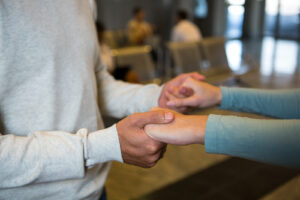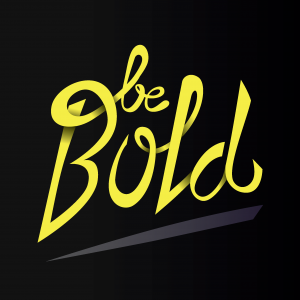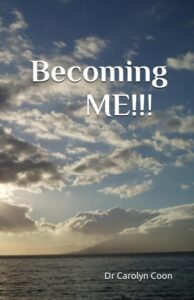Stage 1: first comes knowledge. Knowledge is a willful act – you must willingly pursue it. Scripture, Proverbs, tells us to seek knowledge. It isn’t always an issue of liking the knowledge, it’s not valued this way. Knowledge doesn’t hide or elude us but it does require us to pursue it, to discover. Knowledge has to be a priority in our lives and never an avocation. And always remember that once you have the knowledge, you can’t unknow. You are always responsible for what you know.
After Knowledge comes understanding – again not a like versa dislike issue. Understanding is a deeper level than knowledge. And again scripture tells us that in all our seeking to ‘get’ understanding. Understanding is taking your knowledge and using the knowledge in order to grow and let it direct our plans, our thinking, our actions. Sometimes it takes ‘experimenting’ with the knowledge in order to understand what is the best, but experimentation is also not a like/dislike issue – it’s another opportunity to discover.
Application is the evidence that comes from Knowledge and Understanding, and SHOULD form the foundation of our actions… our do-ing. Actually this is a dual evidence situation – for you, as you act on your knowledge and understanding, and for others. Application is the single method to demonstrate what the knowledge is and your understanding of how it is to be applied. Besides, when you know, remembering you can’t unknow, and when you understand, even in its beginning stages, the confirmation comes in your application.
One of the greatest benefits of the realization and acceptance of the stages in our doing is that it gives us a foundation and standard on which to respond in difficult or different situations in which we haven’t been involved. Life is a continual learning lab. Our senses are constantly besieged with new information. In order for us to have a basis of response, we need to have a working, operational basis on which to act. Flying by the seat of our pants can be entertaining or exciting or give us an opportunity to think out of the box, but if we don’t apply what we know, what we’ve previously experienced then we don’t consciously build on our understanding. Effective thinking out of the box does have a foundation of previous understanding and knowledge. Why re-invent the wheel?






